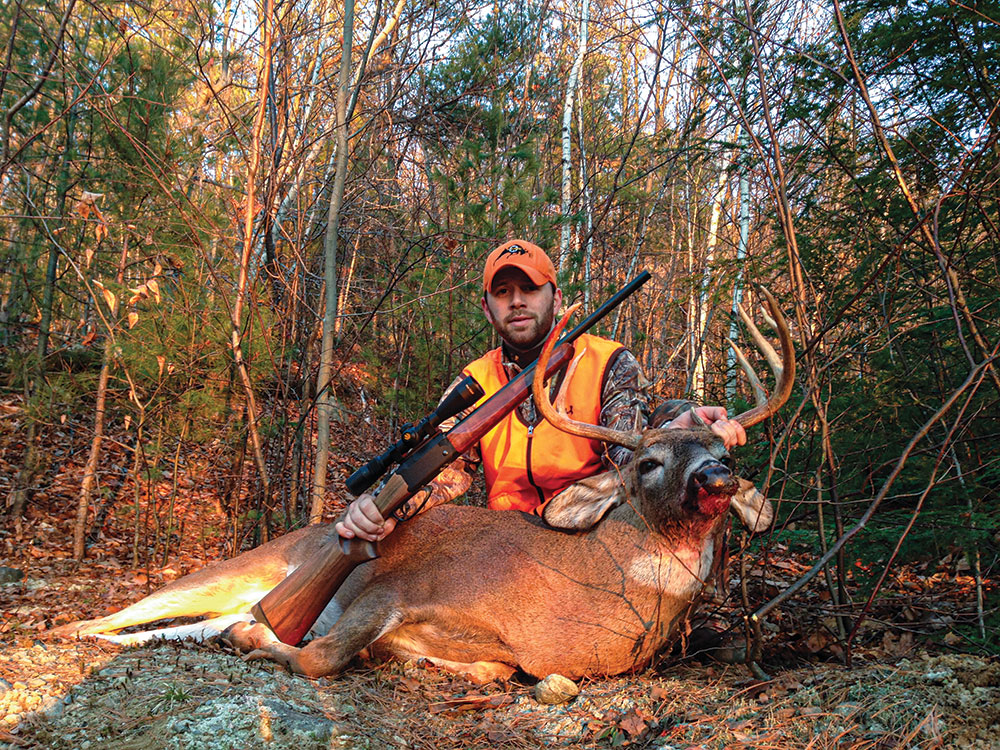sense anymore?
I was sitting in a ground blind in my favorite turkey area, my back against a large oak tree. I was hunting on public land about 25 miles from where I live. I had arrived before first light, hoping to catch the birds coming out of the roost. There was plenty of sign, so I knew my chances were good.
Three hours into my hunt, I heard what sounded like a herd of elephants crashing through the woods. Suddenly, a bunch of dogs, followed by their owners, came into my hunting area.
At this point, all was lost. I unloaded my shotgun, pulled my camo mask off and picked up my decoy. Any bird that had been in the area was long gone now.
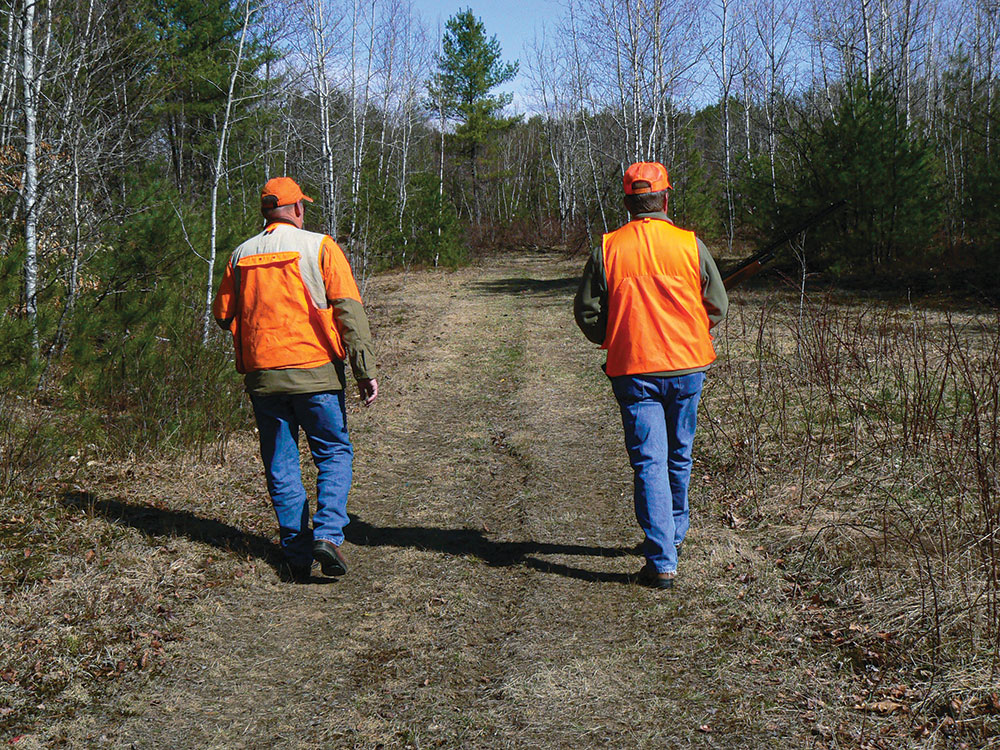
I said nothing as I passed the intruders holding their travel mugs. They all looked at me as if I had done something wrong.
As I left, I thought to myself, “Why do I bother?”
“Some states, such as Massachusetts, have restrictions and charge fees regarding the transportation of firearms across their borders. Make sure you know all the rules before you head out. You don’t want to add fines or legal fees to your budget.”
For me, hunting has always been a way to supplement my family’s food budget with nutritious, tasty and inexpensive meat. Now, so much of this equation is changing that many hunters are wondering if it makes financial sense to continue.
Why Do You Hunt?
There are many reasons people hunt, and there are many labels and emotional perspectives associated with hunting and hunters.
Some hunt because they claim that it’s part of their heritage, and they want to maintain that connection with their ancestors. Actually, hunting is part of every human’s heritage, so they’re not off base.
Some prefer the flavor and health benefits that wild game can provide over commercially raised animals, and they savor the satisfaction of having harvested the animal themselves. There might be no purer sign of a high level of dedication to a self-reliant lifestyle among omnivores than to include hunting in their skill set.
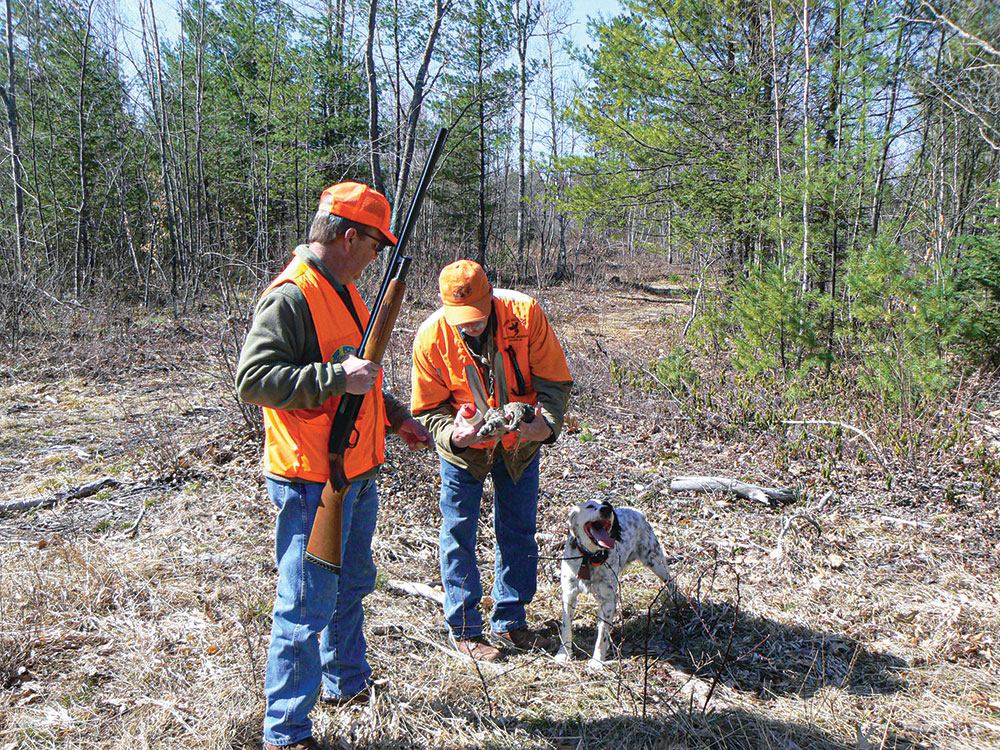
Again, there are many reasons people hunt. They often overlap, and they can also shift in priority as times change.
The focus of this article is to look at those who hunt as a primary or significant way to put protein on their table.
Then and Now
I’ve been hunting most of my life. As I was growing up, I would often walk about 1,000 feet from my house and find myself in rabbit, squirrel and grouse habitat. As soon as school ended, I would grab the old bolt-action .410 shotgun and head out. Sometimes, I came home with something; sometimes not. What never varied was that everything taken became part of a meal.
At that time, New Hampshire’s hunting licenses were inexpensive and, while fuel was cheap, I didn’t need to drive anywhere, so that wasn’t a concern. Another difference between then and now is the attitude of the people whose property was hunted on. Very few people posted their land. To gain and retain access to good hunting land, you just needed to respect their friendliness and willingness to share their land, leave no trash, and remember to shut the gates.
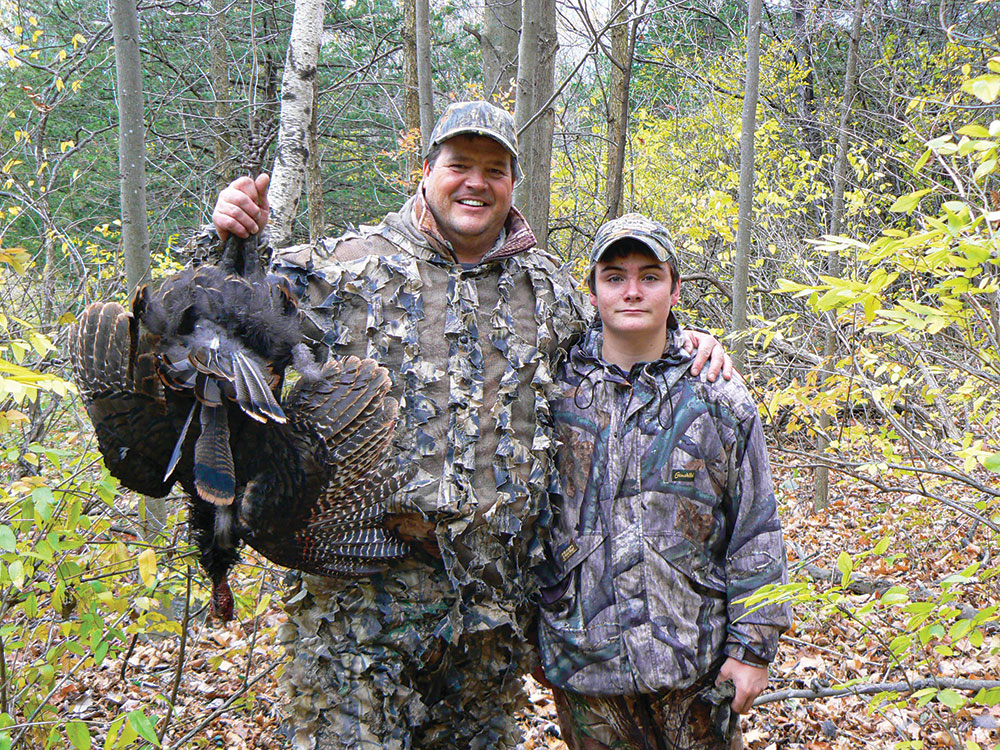
When I was 14, I started working at one of the many nearby farms. The work was hard, the hours were long, and the pay wasn’t great. I stayed there because during my time off, the farmer allowed me to hunt the fields and nearby woods.
I left for the Army at 17, and when I came home, everything had changed. The once open fields and woods in which I’d hunted were gone. In their place stood homes, and most of what remained of my childhood hunting lands was posted with “No Trespassing” signs. The farm at which I’d once worked and hunted was gone as well. Rows of condos and a golf course now stood where there were once rows of corn and squash.
“Where you once could either walk or make a short drive to your hunting spot, you now had to drive longer distances and add the travel costs involved, and fuel was no longer cheap either.”
Fees, regulations and other costs had also changed. Once, a single hunting license covered numerous species; now, it was necessary to purchase separate turkey and pheasant tags, as well as pay additional fees, some of which had nothing to do with hunting. Where you once could either walk or make a short drive to your hunting spot, you now had to drive longer distances and add the travel costs involved, and fuel was no longer cheap either.
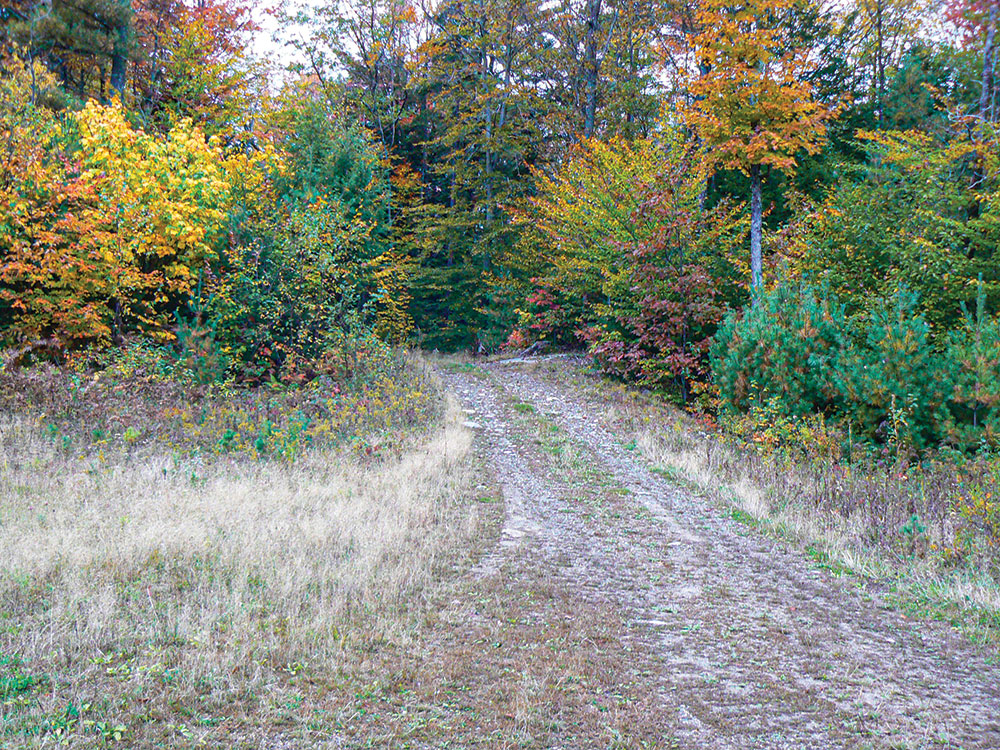
At one time, ammo was literally a “dime a dozen,” and you had the option of lead … or lead. Today, regulations in certain areas require you to use nontoxic shot, which adds to the expense of a hunt. With the current situation of ammo shortages, any type of ammo is hard to come by, and you’ll pay extremely high prices for what you do find. In addition, if you want to hunt in another state or country, you’ll find everything will cost much more.
The Cost of Hunting
At first glance, you’d think that after the investment of a firearm has been made, all your other expenses would be downhill. I hate to say it, but no; you’re just getting started.
Licenses. Every year, you need to purchase a license. You’ll start with just a basic license. Currently, a “resident” license in New Hampshire will cost you $32, and it covers deer and small game. If you want to hunt bear, pheasant, turkey or waterfowl, there’s an additional fee for each. If you want to hunt moose, you’ll need to pay a fee to enter a lottery. Then, if you’re lucky enough to win the lottery, you need to pay an additional fee for a moose permit. Some states have separate licenses for large game and small game. Some even break it down further by species of large game.
So far, not so bad, right? It all depends on how many hunting methods and species you’re interested in pursuing.
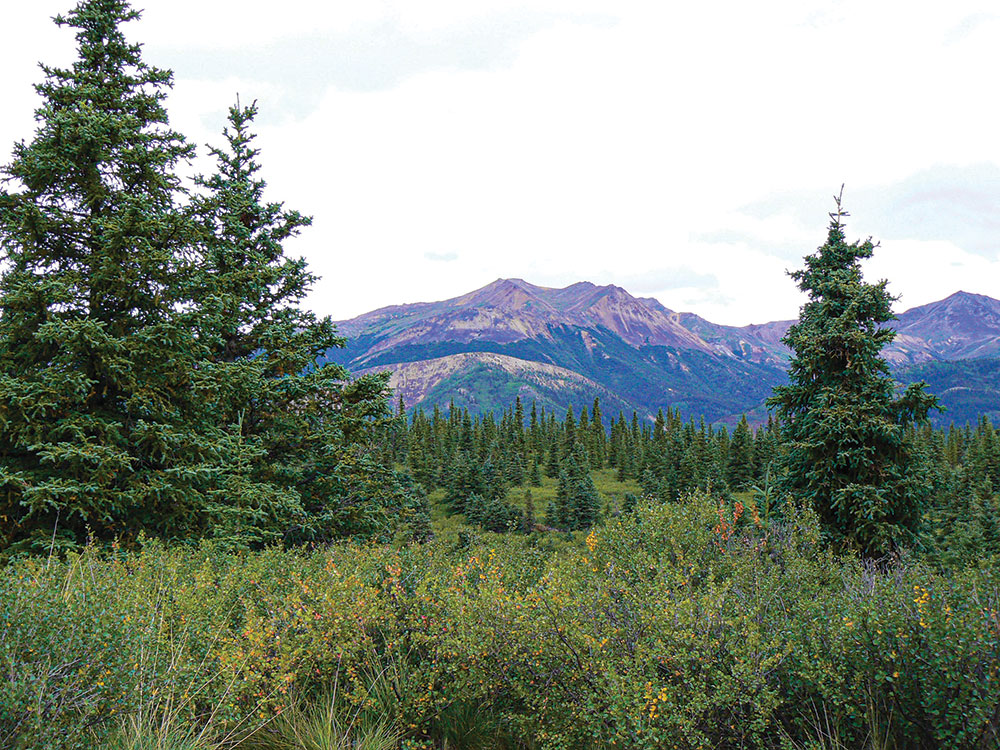
An archery license will cost you an additional $32, and a muzzleloader license will set you back another $16. A pheasant permit costs $31, and you’re allowed to take two birds per day, up to a total of 10 birds throughout the season. A bear license costs $16; the same goes for turkey, although you’re allowed two turkeys per year.
Not looking so good anymore, is it?
“For me, hunting has always been a way to supplement my family’s food budget with nutritious, tasty and inexpensive meat. Now, so much of this equation is changing that many hunters are wondering if it makes financial sense to continue.”
Hunting Fees. Every year, more and more land is being closed off to hunting. Much of the land that’s left open is often privately owned. In some states, you actually have to pay a fee to hunt the land. You might pay a fee charged by the landowner and sometimes by the state. In some cases, you’re required to hire one of their guides.
In many areas, hunters create hunting clubs to pool their resources in order to rent large tracts of land; these can cost thousands of dollars each year and are often hours from home, thus requiring setting up a camp that can range from sturdy tents to campers, RVs and other types of shelter.
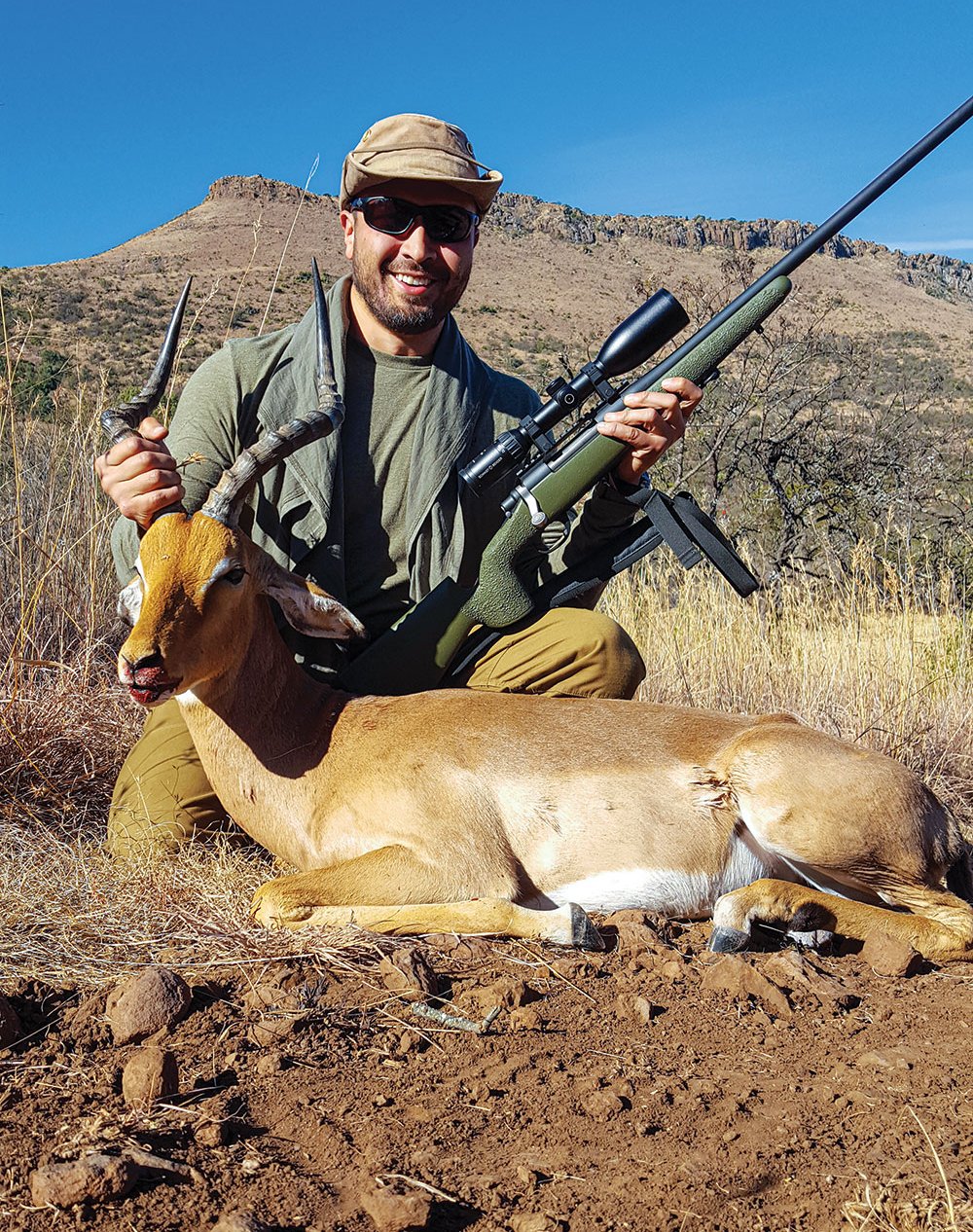
Travel. With more and more land being posted, that means you’ll have to travel greater distances to hunt—and often on parcels that are less than ideal. Travel means more expenses you need to figure into your hunting budget.
The turkey hunting trip I described at the beginning of this article took me to an area that was about 25 miles away from my home. My vehicle averages about 25 miles per gallon so, with fuel sitting at around $3 per gallon, that trip cost me about $6.
When I hunt in northern New Hampshire or Vermont, I could easily put 300 miles—or more—on my vehicle. On a good day, that’s at least $40 for fuel.
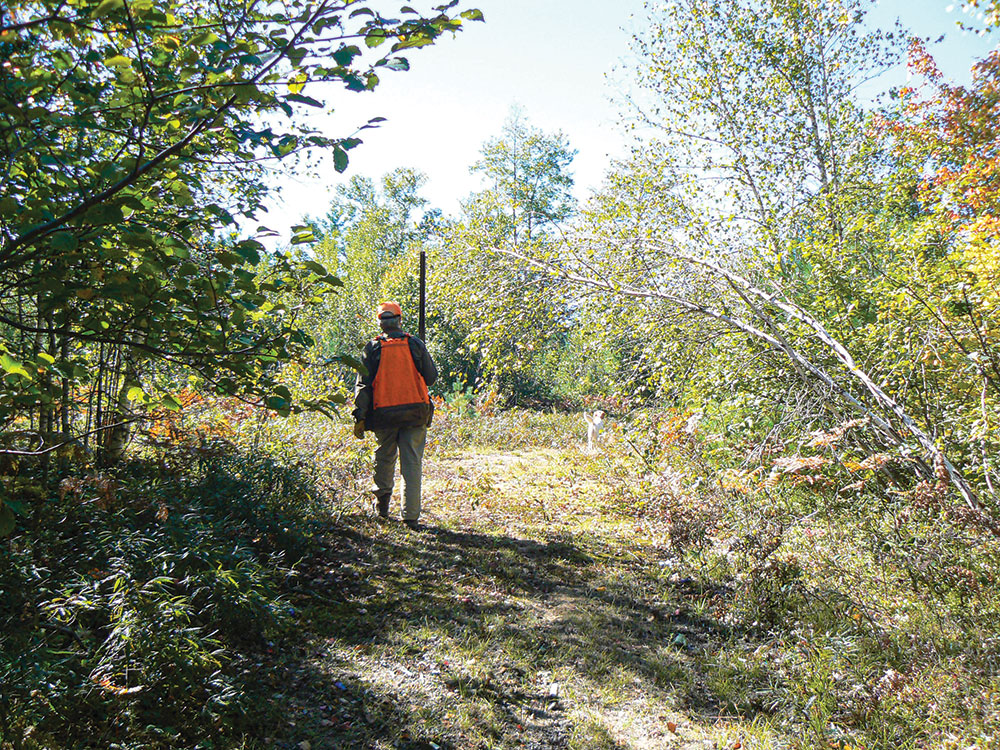
On long trips, I try to make the most of it, planning at least two days of hunting. That means adding a lodging expense to the budget. Rates here usually range about $120 per night, so a two-day trip adds another $240 to my overhead.
You have to eat; and, if you’re like me, you have to stop for coffee. As a result, figure about $200 for food and that needed coffee.
If you plan to hunt out of state, the price just goes up. Vermont is one of my favorite states to hunt in, but if you want to hunt there, plan on paying $102 for the basic “non-resident” hunting license. This is before any other permits are added. For an out-of-state hunter, this isn’t a bad deal compared with other states, but it’s still an added drain on one’s finances.
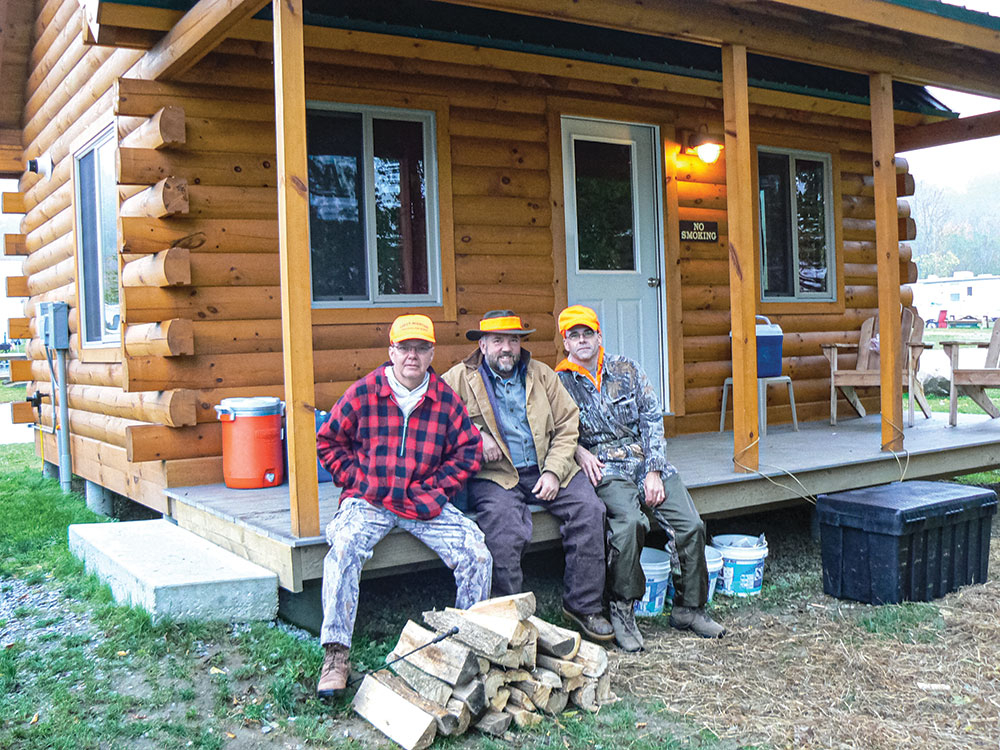
The next thing you need to figure in is how you’re going to get your harvested game home. Many states have rules regarding bringing game across their borders from other states. Make sure you know the rules before you invest the time and money in hunts outside your state. You’re more than likely going to have to have your game processed in the state it was taken and then shipped to your home address. For instance, if you’ve spent the money for an elk hunt in Montana, you’ll want to bring your game home … but it’ll cost you. Find out these costs well ahead a time.
Transporting firearms could also be an issue, requiring you to purchase permits in other states. Some states, such as Massachusetts, have restrictions and charge fees regarding the transportation of firearms across their borders. Make sure you know all the rules before you head out. You don’t want to add fines or legal fees to your budget.
I’m not covering hunts outside the United States in this article, because most hunters don’t participate in them. A person hunting in Africa or in other faraway places probably isn’t hunting to put food on their own table (although many guided hunts donate the meat of harvested animals to local schools or villages). The costs to transport this meat back to the United States are just too prohibitive.
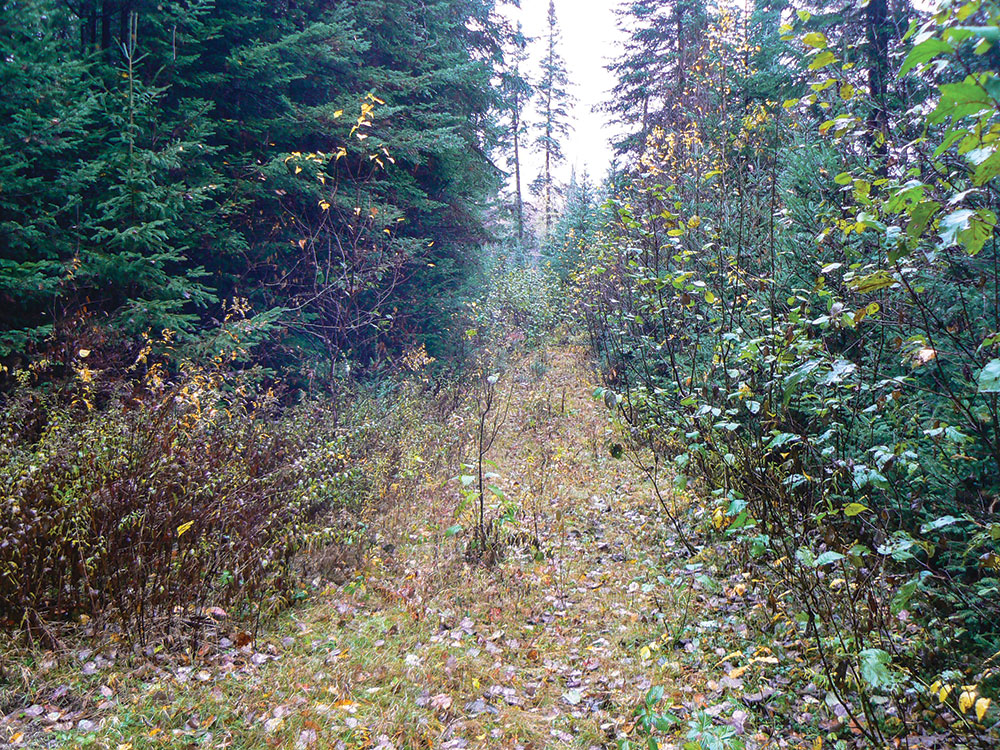
As with everything else, the details related to hunting aren’t what they used to be. Gone are the days of simply and selectively harvesting inexpensive game for the table. The costs of sustenance have risen to the point of making it almost beyond many people’s budgets.
I used to love upland hunting, but I refuse to pay $31 for the privilege to put pheasant on the table for my family. With a limit of 10 birds per season, and assuming you’re able to get all your birds in just five outings, that equates to about $3 per bird, plus the additional expenses for each trip to the hunting grounds. When you figure in all the other costs, it’s cheaper to visit a local poultry farmer or even the grocery store and purchase 10 chickens.
Hunting is still a great way to provide your family with natural, healthy food, but you do need to do your financial homework if cost-effectiveness is one of your concerns. Balance things out, and do the best for your family.
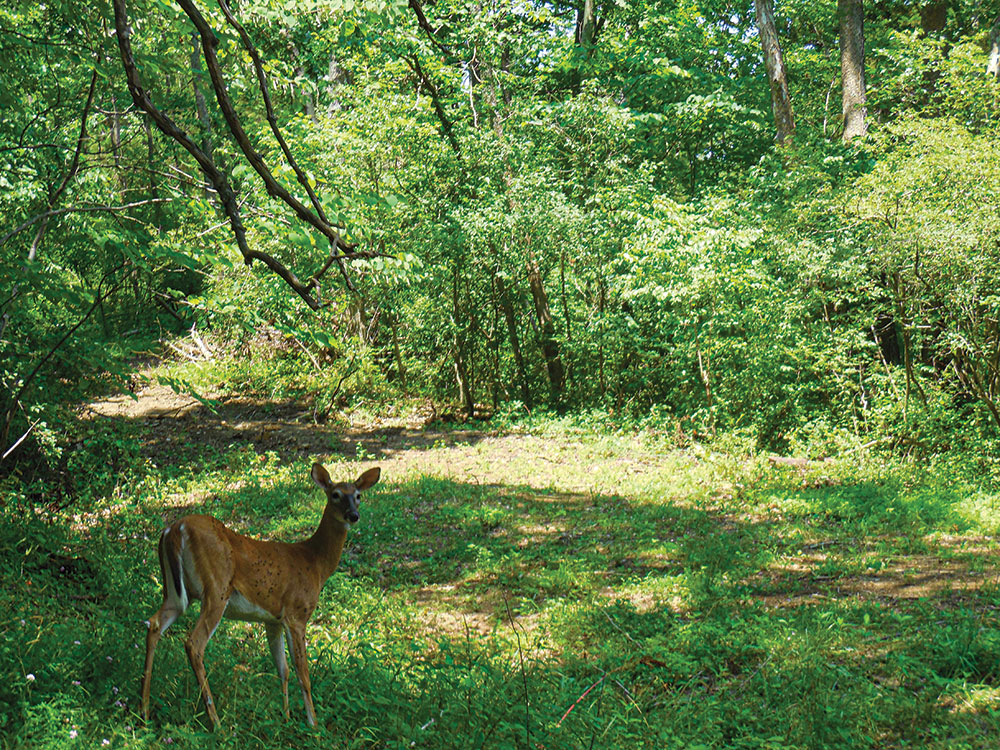
If you’re a hunter, you noticed immediately that there are many other expenses common to hunting that I didn’t include in this article. Frankly, anything I omitted could add to your cost per pound of protein. Costs related to weapons, practice ammo, targets and range time, clothing, footwear and other things typically aren’t dedicated 100 percent to hunting, so I left them out.
Of course, we all have different needs, and many a hunting budget is broken by the gear that’s “nice” to have. However, the expenses I covered here are what I consider to be required and not optional.
As always, your experience will vary, but I hope this article prompts you to take a look at your hunting budget to decide if you’re getting a good return for your investment or if there are ways you can reduce your harvest costs
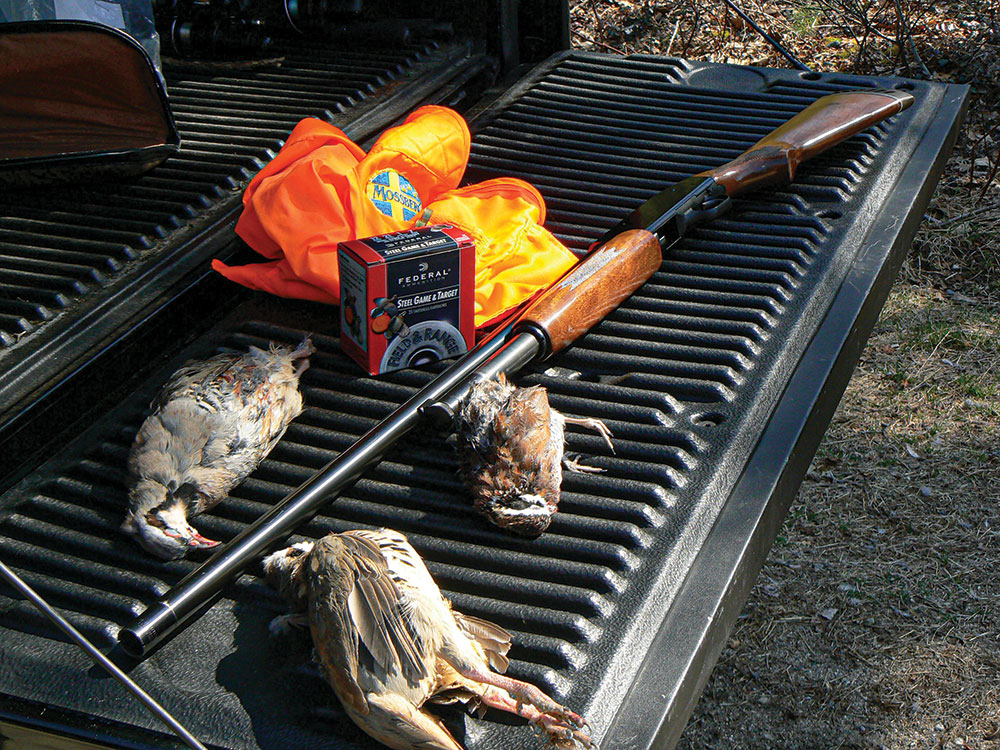
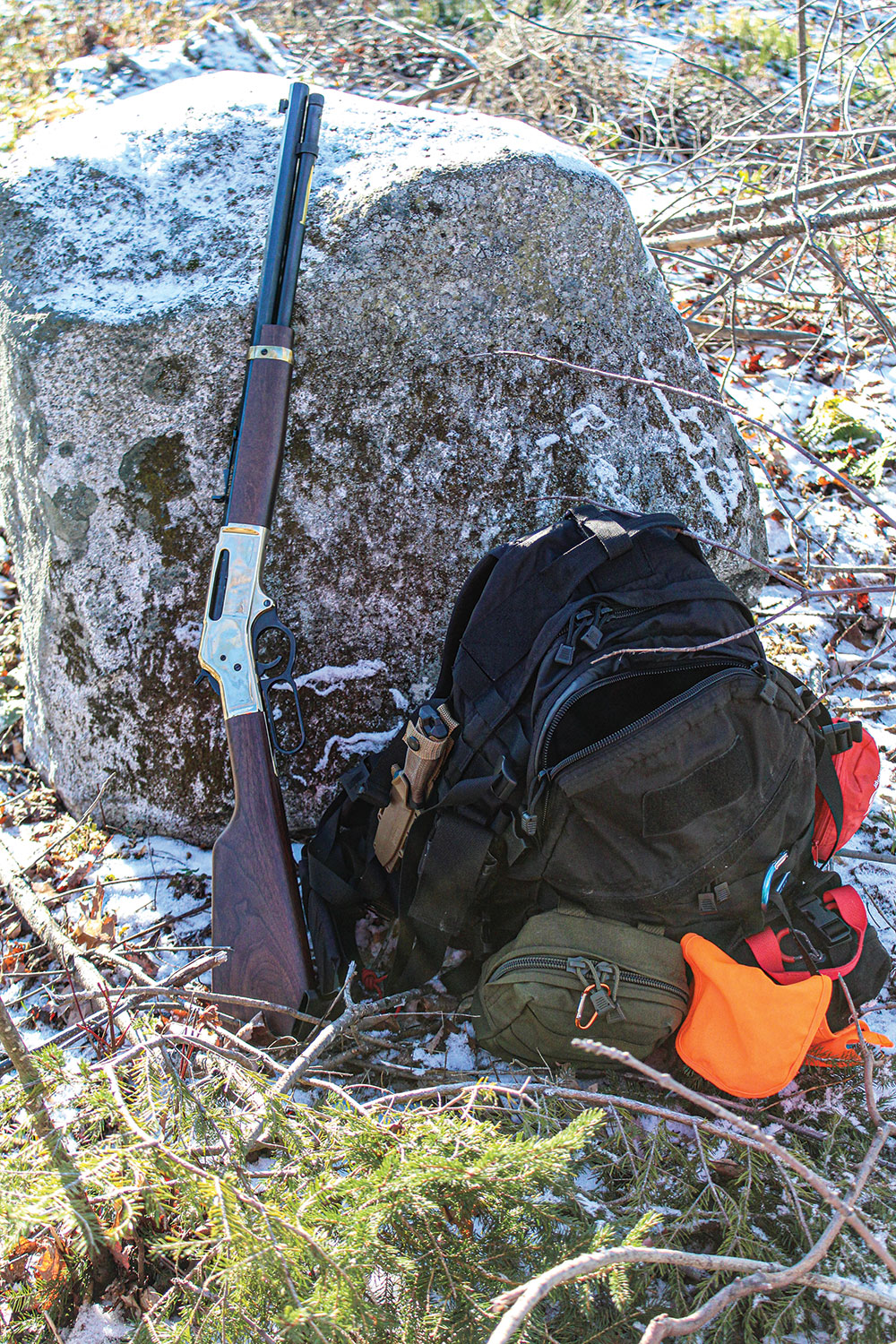
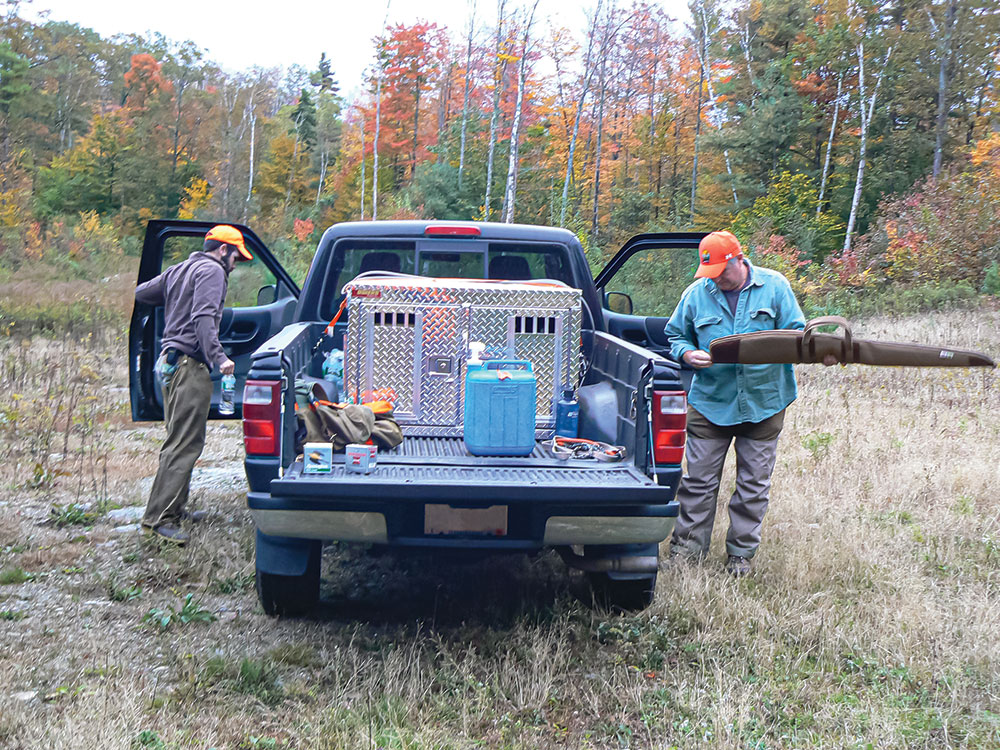
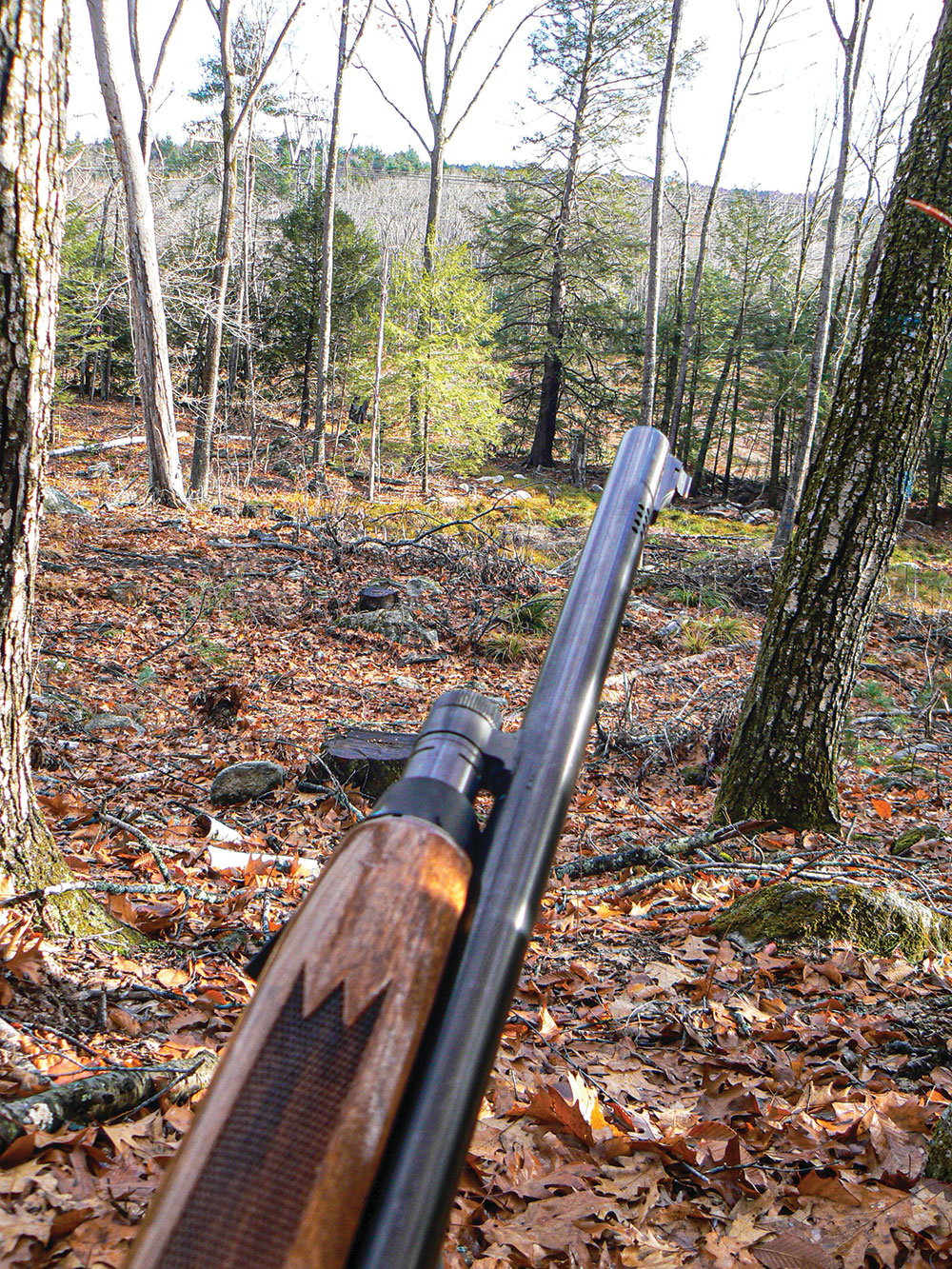
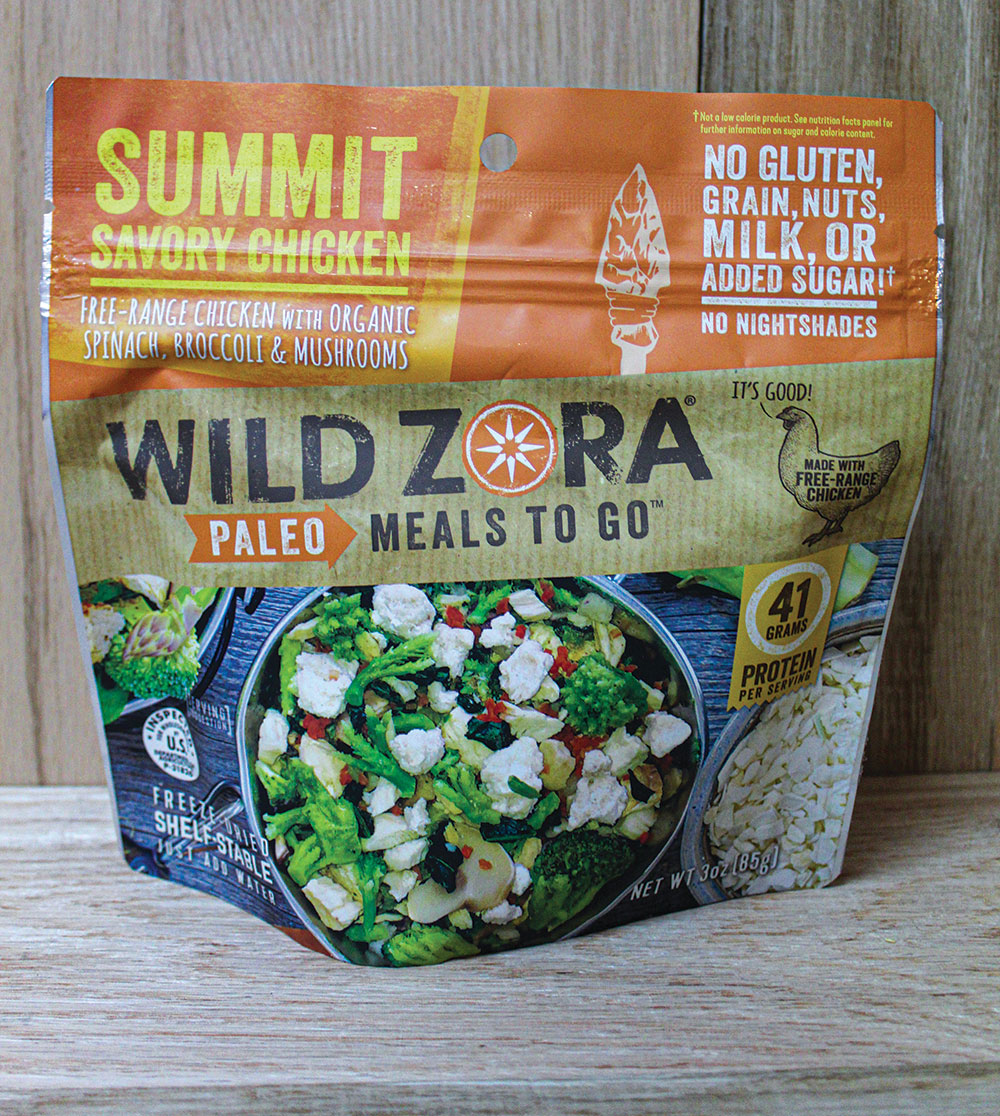
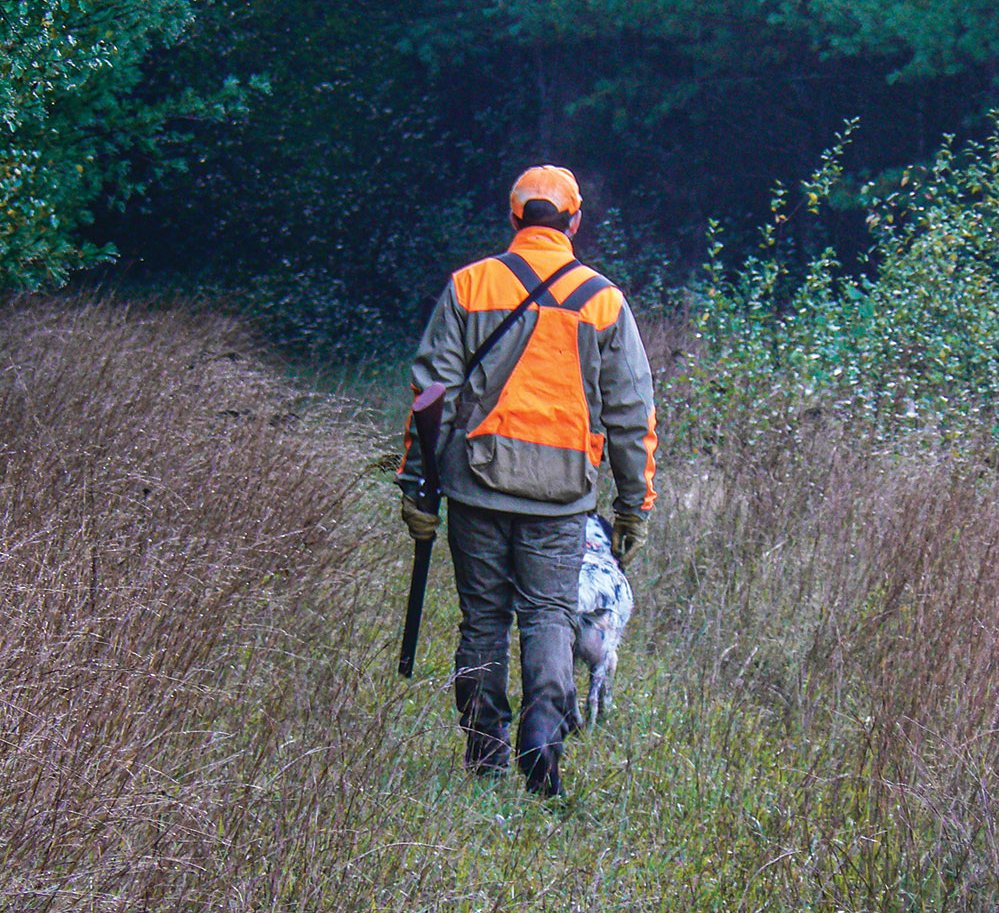
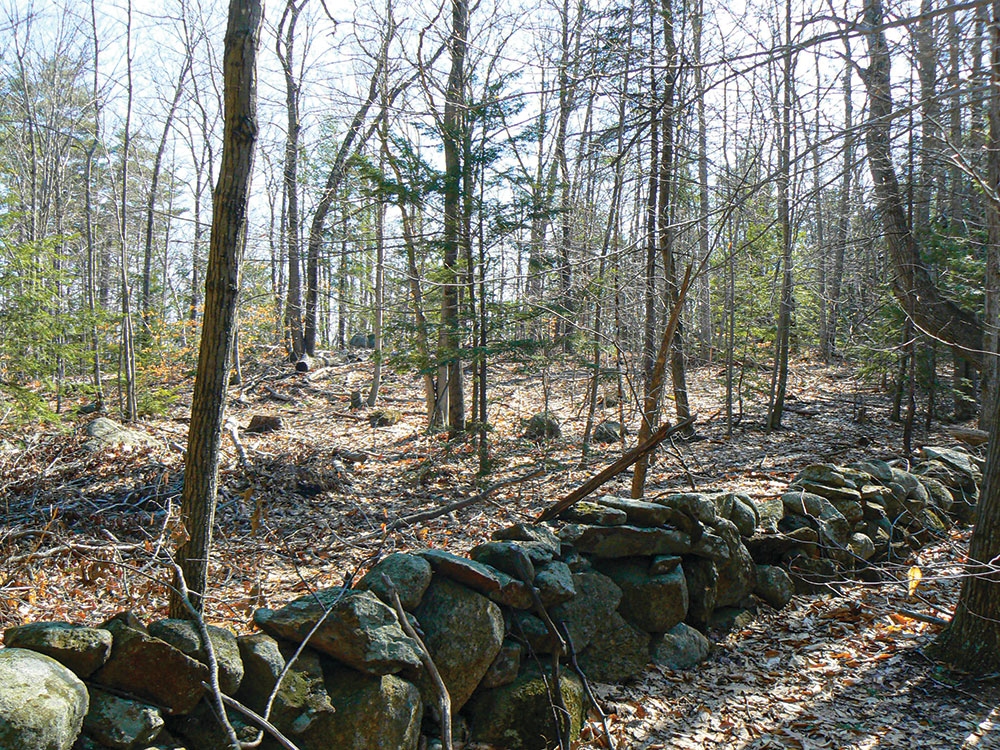
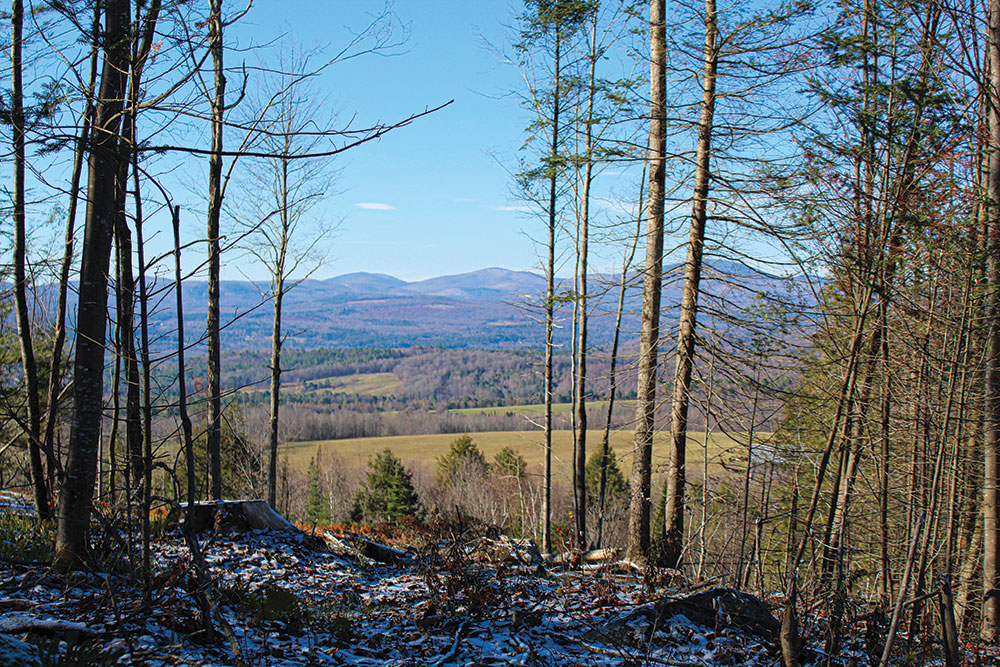
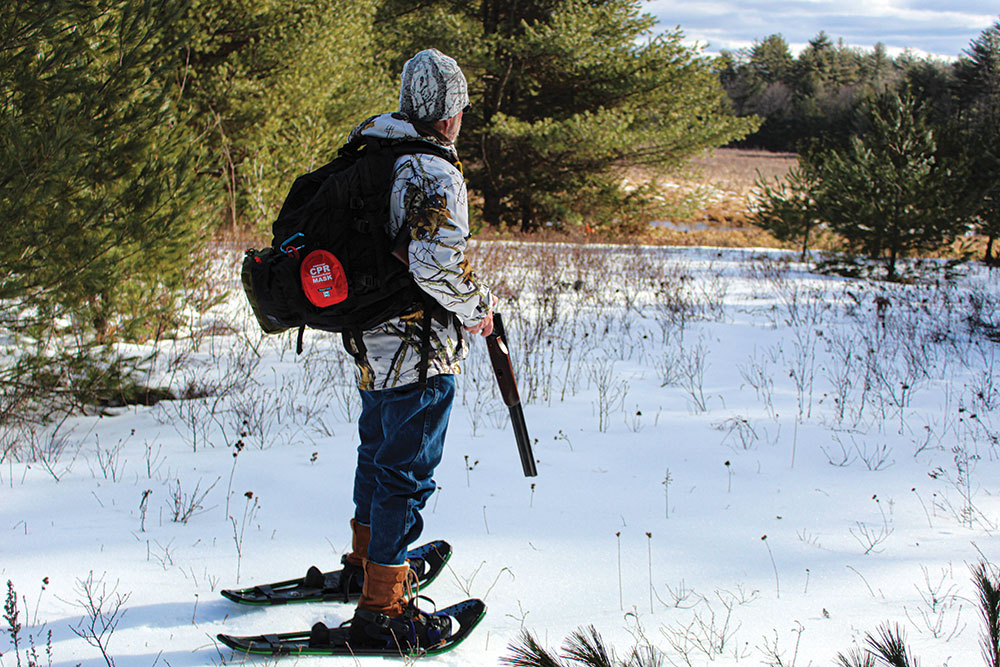
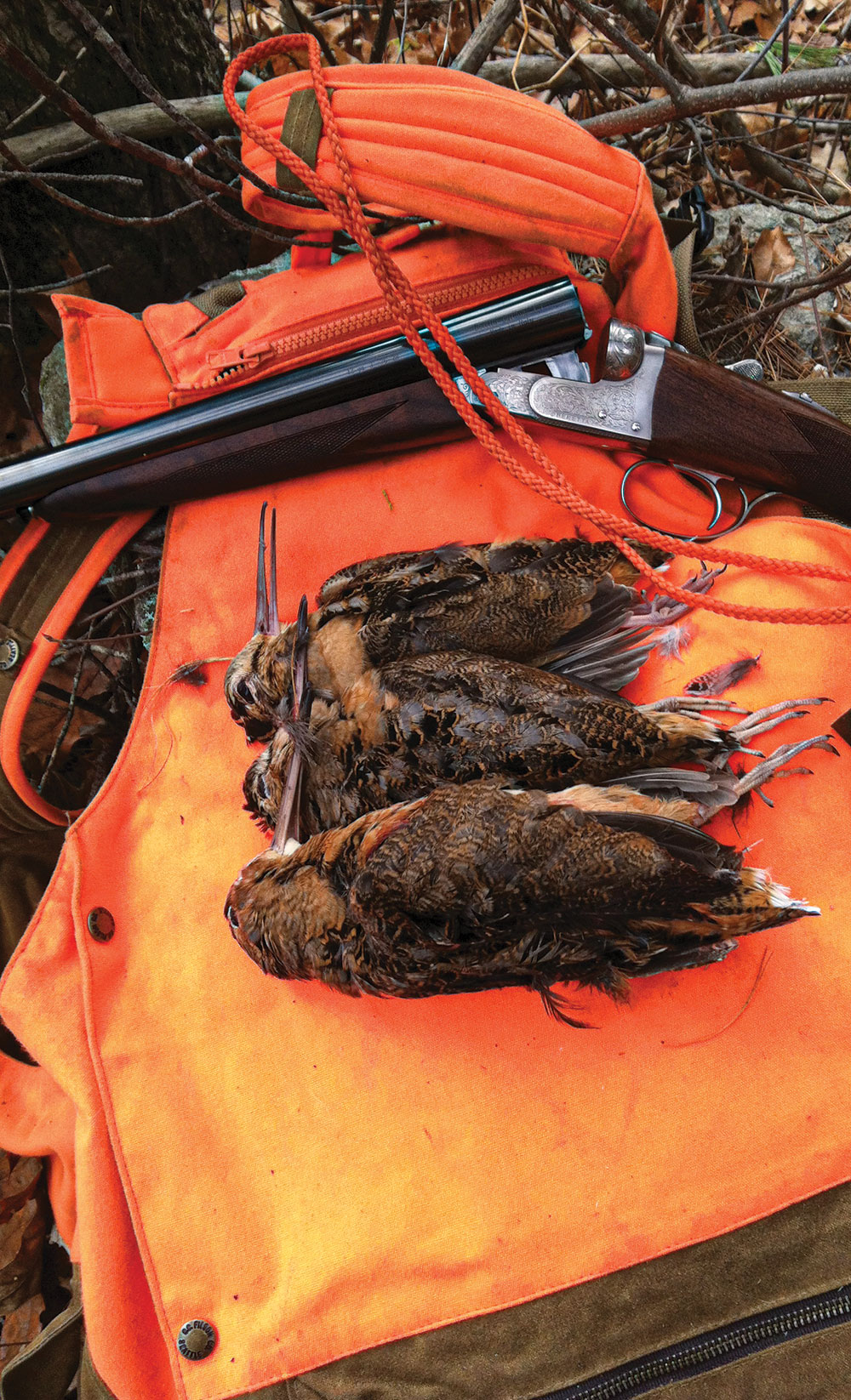
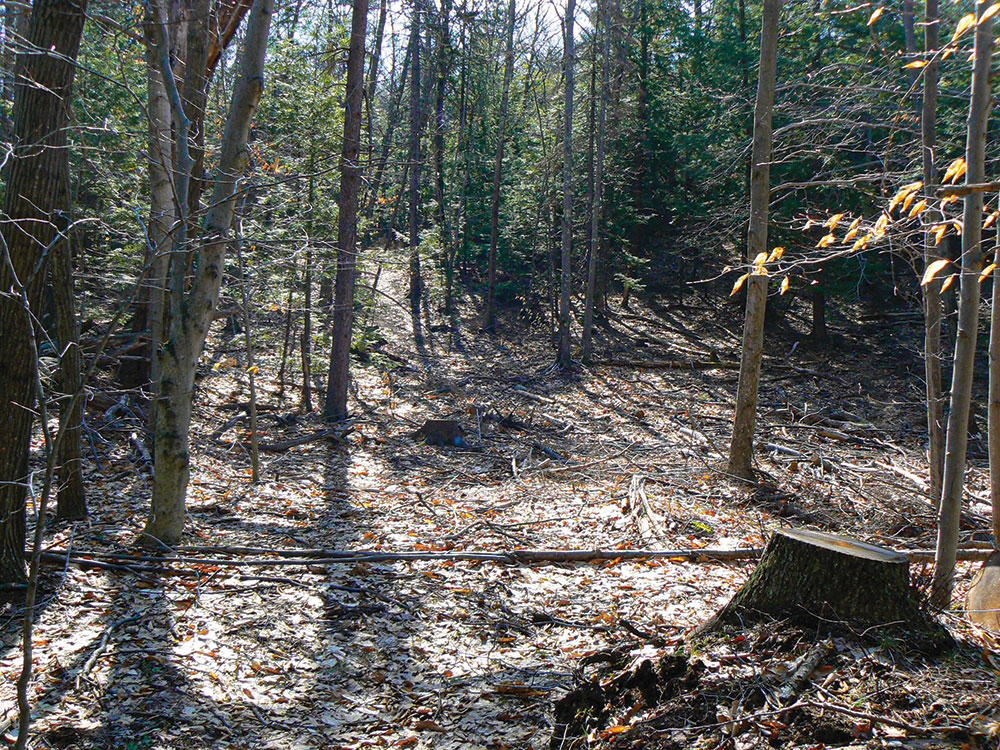
Cut Your Costs
We have no control over license and permit fees, the cost of ammunition or the cost of fuel. With that said, we can still cut costs.
- Only purchase the permits you actually intend to really use. If you only plan on hunting pheasant once, don’t bother buying a permit. Concentrate on the upland game that your basic license covers. The same goes for any of the other permits you might think you need.
- Travel costs could be some of your largest hunting expenses. Lodging can be cut by hunting with a buddy or two who can share the costs. If you travel together in one vehicle, you can save money by splitting the costs of fuel. Plus, hunting with a buddy makes the experience more enjoyable and potentially safer.
- Food costs while on the road can be dropped by bringing your own. Instead of stopping for coffee, bring your own in a thermos. Make sandwiches or bring other food items from home. Meat snacks or other snacks will see you through while in the woods.
- Hunt public land instead of paying possible fees to hunt private land. When hunting public land, plan your hunt for weekdays when other people are at work. Avoiding the weekends will cut down on the chances of running into crowds of other hunters or hikers.
Hunting for Therapy
There’s more to hunting than the taking of game for putting food on your table. Sometimes, it’s just about getting out there. I call it “taking your gun for a walk,” and I’ve done this more than once. It gives you time to think about what’s really important in your life while you pursue your prey.
With that said, there’s no need to purchase a hunting license and all that other stuff if you just need to take in the peace of the outdoors. I often leave my firearm at home and just walk in the woods. Many times, I take my wife, daughter and granddaughters for walks and show them the plants and animals that surround us. I’ve seen more deer, turkey and other game animals this way than I ever have while hunting.
Whether you want to admit it to yourself or not, when you’re carrying a firearm, you’re looking for food. If spending some time immersed in nature is about feeding your soul rather than your stomach, there’s no need for all the expenses required for hunting.


